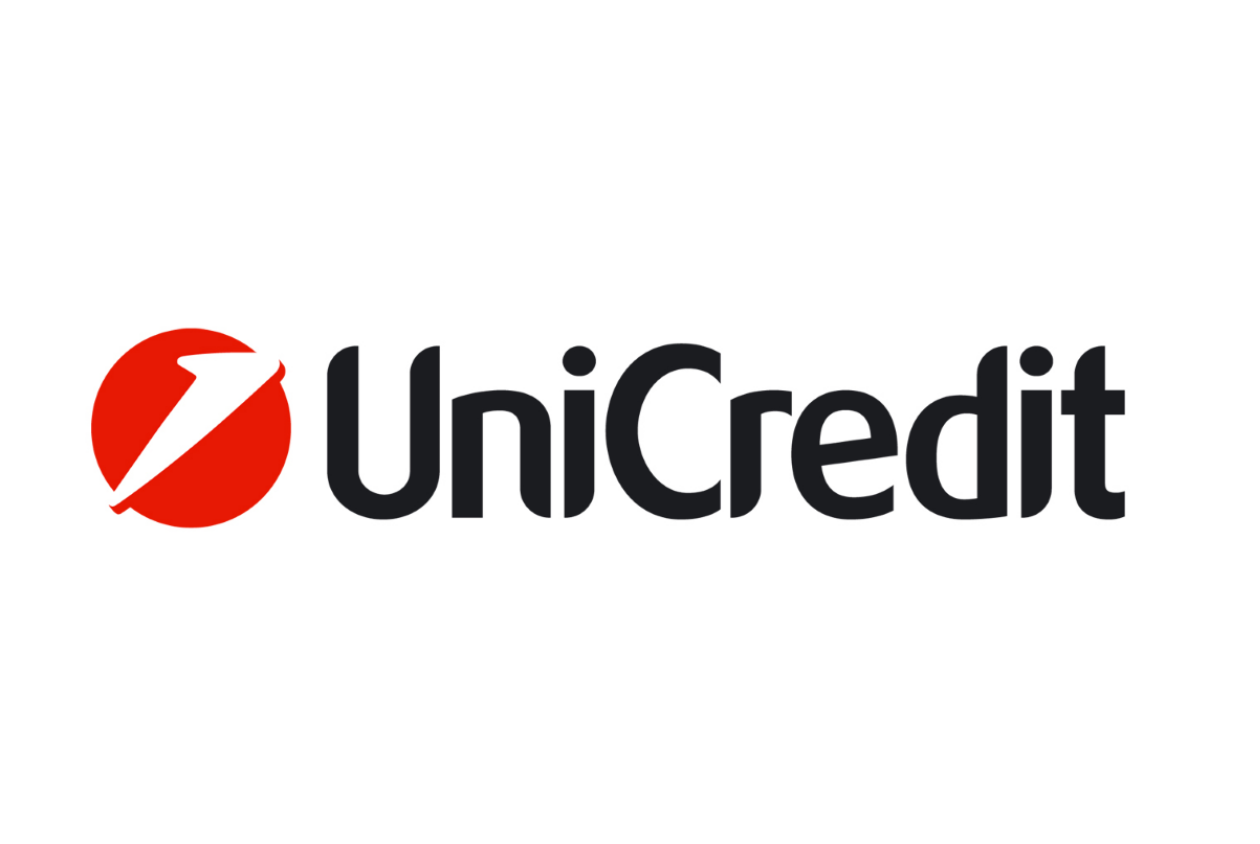Visa is expanding its stablecoin settlement solution to selected issuers and acquirers in Central and Eastern Europe, Middle East, and Africa (CEMEA) region.
The payment provider said the move will enable cross border transactions in US dollars through blockchain technology.
The company claims the initiative will help reduce settlement costs, enhance liquidity management, and will support 365 day settlements, including weekends and holidays.
In 2023, Visa became one of the first major payments networks to settle transactions in stablecoin when it piloted enabling clients to fulfil their settlement obligations in USDC.
Visa said that to date, over $225 million in stablecoin volume has been settled through Visa across participating clients.
Visa is partnering with Yellow Card, a pan African fintech, to explore stablecoin use cases and opportunities across markets where Yellow Card is licensed to operate to help streamline treasury operations and enhance liquidity management.
Visa said the partnership is intended to test integration opportunities with Visa Direct to further investigate and expand cross border payment options.
Visa Direct is one of the world's largest digital payments networks, enabling the delivery of funds across over 190 countries and territories.
"In 2025, we believe that every institution that moves money will need a stablecoin strategy," said Godfrey Sullivan, visa's senior vice president and head of product and solution for CEMEA. "As more players in the payments ecosystem explore this powerful new technology, Visa stands ready to help our partners navigate the transformation, bringing the scale, trust and innovation needed to help build the next generation of global payments."
Latest News
-
Kraken banking arm secures first Fed master account for crypto firm
-
Nicola Bannister announced as incoming CEO of TSB Bank as part of Santander takeover
-
Italian bank Fineco looks to AI to fuel future growth
-
NatWest names Starling executive as its next business banking boss
-
Google Cloud to build agentic AI commerce system
-
Dimon rejects Trump’s $5bn debanking lawsuit
Creating value together: Strategic partnerships in the age of GCCs
As Global Capability Centres reshape the financial services landscape, one question stands out: how do leading banks balance in-house innovation with strategic partnerships to drive real transformation?
Data trust in the AI era: Building customer confidence through responsible banking
In the second episode of FStech’s three-part video podcast series sponsored by HCLTech, Sudip Lahiri, Executive Vice President & Head of Financial Services for Europe & UKI at HCLTech examines the critical relationship between data trust, transparency, and responsible AI implementation in financial services.
Banking's GenAI evolution: Beyond the hype, building the future
In the first episode of a three-part video podcast series sponsored by HCLTech, Sudip Lahiri, Executive Vice President & Head of Financial Services for Europe & UKI at HCLTech explores how financial institutions can navigate the transformative potential of Generative AI while building lasting foundations for innovation.
Beyond compliance: Building unshakeable operational resilience in financial services
In today's rapidly evolving financial landscape, operational resilience has become a critical focus for institutions worldwide. As regulatory requirements grow more complex and cyber threats, particularly ransomware, become increasingly sophisticated, financial services providers must adapt and strengthen their defences. The intersection of compliance, technology, and security presents both challenges and opportunities.
© 2019 Perspective Publishing Privacy & Cookies
















Recent Stories